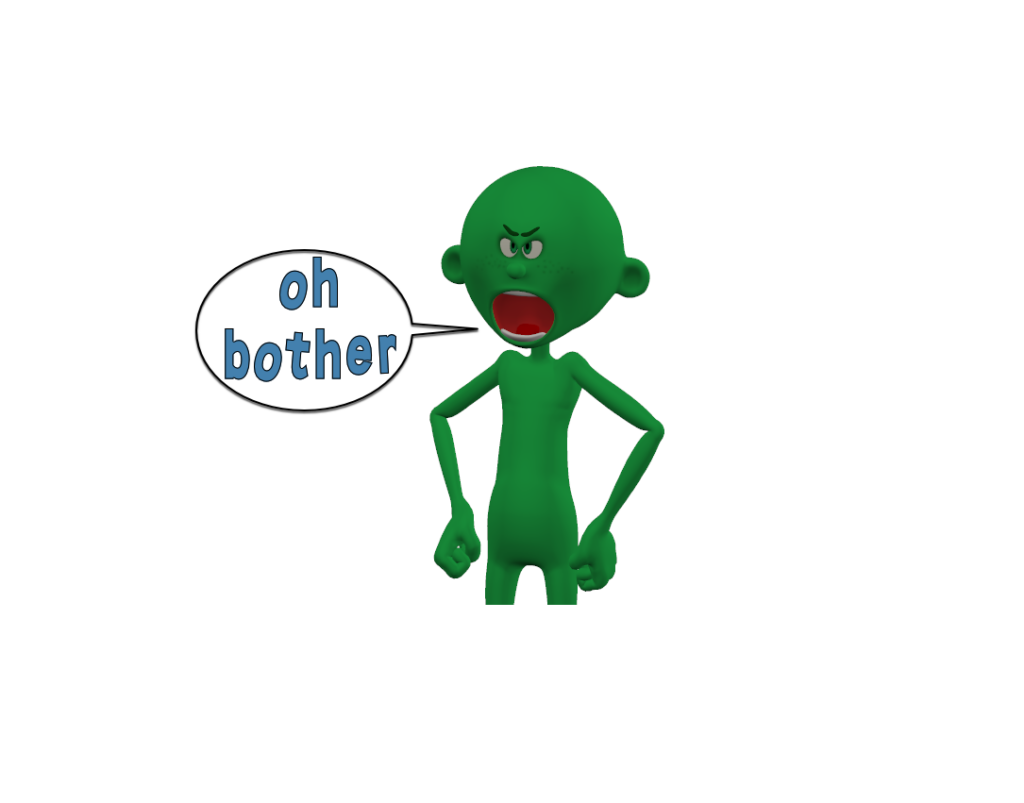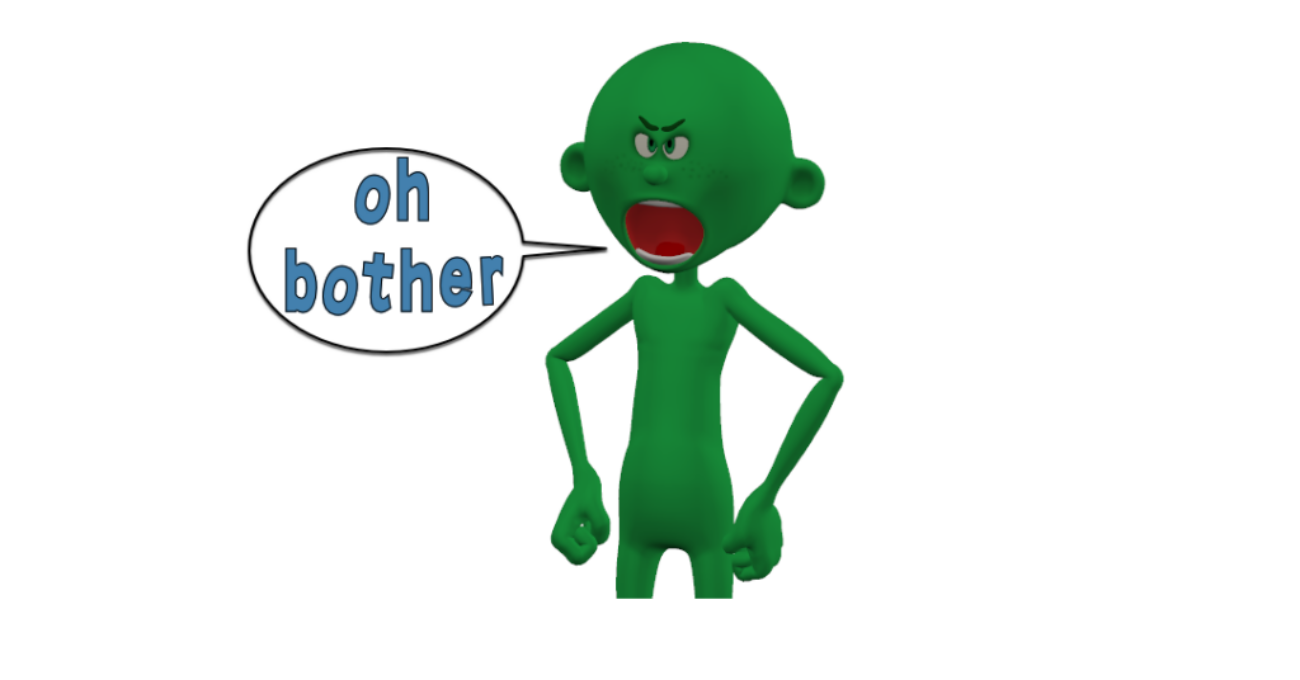Curse that science discovering things
I stumbled across this the other day thinking it might be useful as we work our way out of another lockdown.
Swearing or cursing are frowned on as a form of communication, but there may be some redeeming qualities of cussing. Ljung (2011) swears that the Ancient Egyptians were the first recorded swearers, documenting donkey-based threats (say what?). Swearing might be taboo but if does offer recognised, albeit dubious, benefits. Letting fly with a curse word can have social purpose, allowing one to ‘fit in’ with a group. A swear word can add emphasis to what we want to say. It can clearly be abusive, and it can also be an outlet for emotional responses to events (Allan & Burridge, 2009). It is no surprise then, that swearing can help our emotional reaction to pain and discomfort.
Stephens and colleagues (2009) tested the use of swearing to get through a painful experience. Participants in the study suggested 5 words that they would use if the hit their thumb with a hammer, and for the study used the first swear word on their list. The control was a neutral word they would use to describe a table. The test was to hold one’s hand in 5 degree C water for up to 5 minutes, while repeating their chosen word. They expected that swearing would increase pain perception and tolerance but found the exact opposite! Repeated swearing allowed the participants to tolerate the cold pain significantly longer. Swearing either offered some sort of stress-induced analgesia or distracted participants’ expectations and experiences of pain.

In trying to understand the amazing powers of swear words, Stephens et al (2020) generated two new swear words “fouch” and “twizpipe” to test out along with the traditional swear word ‘$#*!’, in a repeat of the cold water pain test. (Fun fact: a series of characters like $#*!}! used to indicate profanity is called a grawlix, kind of a written beep – it’s amazing that with a bit of context, your imagination translates a grawlix) Turns out that $#*! worked a treat and the new words didn’t. The authors concluded that distraction wasn’t the reason that swearing helped – something about swearing helps reduce pain, possibly through some form of emotion arousal.
Now you are thinking, if swearing helps pain tolerance and exercise is painful, can swearing help exercise tolerance? Well I have some direct ‘evidence’ – for 20+ years my bike ride home from work ended with a steep uphill, and I only got past a particularly steep patch , by cursing through clenched teeth – my take was yesssss it #!@*&% works! Stephens et al (2018) explored the effect of swearing on physical exertions while monitoring heart rate variability. For a hand grip task, participants repeated a swear word or non-swear word during a 10 second hand grip task, with swearing improving grip strength by an average 2.1 kg. The other task was a 30s Wingate bike test; we all know what a #@*&% that test is!! They again uttered their swear word or non-swear word every 3 seconds during the test. Of course, swearing improved Wingate peak and average power. Heart rate variability is supposed to be a proxy marker (that’s another story for another day) of how the autonomic nervous system responds to, and recovers from stress. In these studies while muscular output was improved there was no evidence of changes in cardiovascular or autonomic responses – so the search continues for why swearing helps with pain and effort, but $#*! , it seems to help. So, put that in your twizpipe and fouch it!

Keep safe everyone!
Best, Phil
References
- Allan, K., & Burridge, K. (2009). Swearing. In P. C. Pam Peters, & Adam Smith (Eds.). Comparative studies in Australian and New Zealand English: Grammar and beyond. Amsterdam: John Benjamins.
- Ljung, M. (2011) Swearing: A Cross-Cultural Linguistic Study. Palgrave Macmillan, UK
- Stephens, R., Atkins, J. and Kingston, A. (2009) Swearing as a response to pain. NeuroReport, 20:1056–1060
- Stephens R and Robertson O (2020) Swearing as a Response to Pain: Assessing Hypoalgesic Effects of Novel “Swear” Words. Front. Psychol. 11:723.
- Stephens, R., Spierer, D.K., Katehis, D. (2018) Effect of swearing on strength and power performance. Psychology of Sport & Exercise 35:111–117

September 3, 2021 @ 12:35 am
Always works for me especially when it comes to pain from accidents or the like. Also a great way to relief stress!